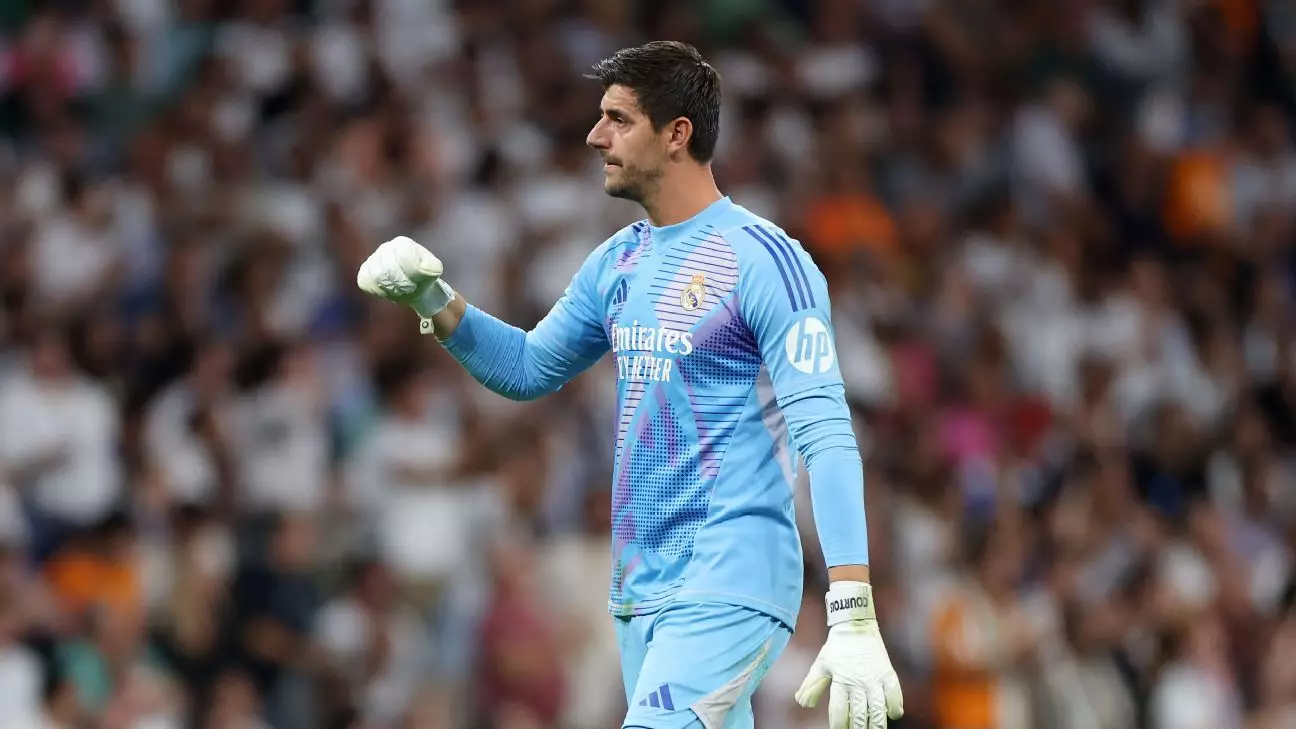In recent times, the increasing number of matches in football has triggered considerable unrest among professional players. This issue gained traction following comments by Manchester City’s Rodri, who hinted at a potential players’ strike due to the demanding fixture schedule. Real Madrid’s Thibaut Courtois echoed Rodri’s sentiments, illuminating the growing concern within football regarding the sustainability of the current match calendar. Players are questioning their workload, highlighting that although they receive substantial financial compensation, mental and physical fatigue can no longer be overlooked.
The crux of the players’ argument revolves around the necessity for a balanced schedule. Thibaut Courtois emphasized this point in a conversation with Spanish streamer Ibai Llanos, stating the need for equilibrium in the number of games. Players are not mere entertainment tools; they are athletes who require adequate recovery time to perform at their best. The race for trophies, alongside new tournament structures like FIFA’s revamped Club World Cup, drives clubs to overexert their players. Courtois articulated this concern by suggesting that sustained high performance is unattainable when athletes are continually pushed to their limits over a demanding season.
The chaotic fixture list has far-reaching consequences beyond just players’ health. The increased frequency of matches leads to a heightened risk of injuries, which can potentially sideline key players and impact their teams’ success. This situation creates a vicious cycle: injuries deplete team rosters, undermining performance levels for both clubs and fans who expect to see their favorite stars in action. Supporters who pay for premium experiences at matches expect to witness top-tier football, but as injuries rise, so does the inconsistency in team performance.
As clubs navigate this delicate balance between business and athlete welfare, the overall strategy becomes pivotal. The 2023 UEFA Champions League, which includes powerhouse teams like Real Madrid and Manchester City, stresses the need for clubs to re-evaluate their approaches. Young talents like Rodrygo, despite being written out of narratives in favor of star names such as Kylian Mbappé, play critical roles and are integral to maintaining team dynamics. However, only sustainable fixture management can ensure these players can flourish without the risk of burnout.
Conclusion: The Road Ahead
The football community must take heed of players’ grievances and address the increasingly unsustainable match schedules. An open dialogue about fixture congestion is essential, as it affects both players and fans. As Courtois and Rodri have pointed out, players may soon find themselves compelled to take drastic actions to advocate for their well-being. It is paramount that governing bodies recognize these concerns and ensure the future of football preserves the integrity of the sport and the health of those who embody its spirit. Balancing commercial interests with player welfare will be key in navigating the uncharted territories of modern football.
